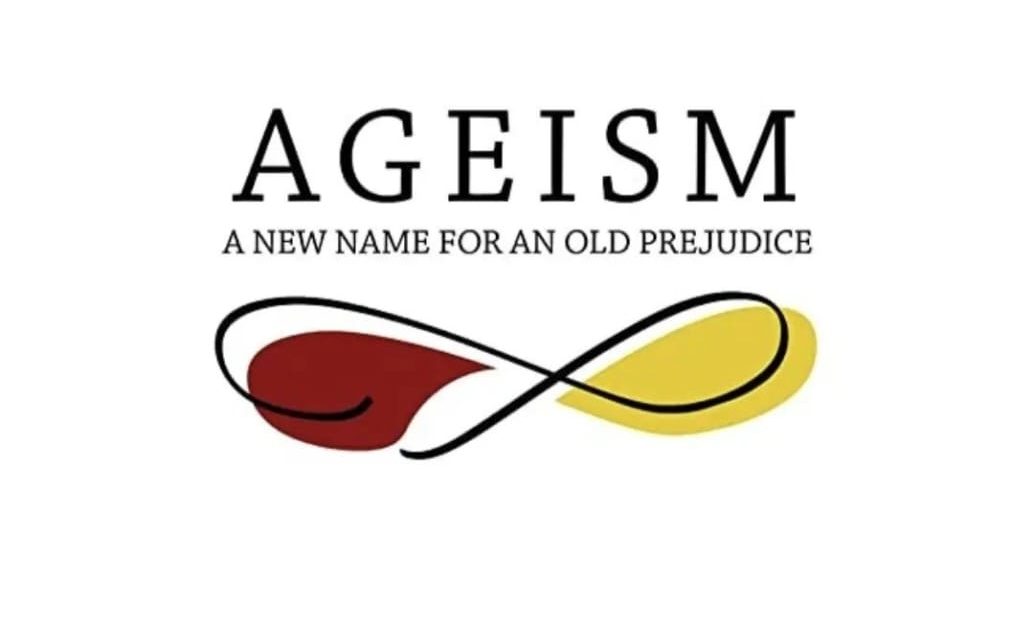How big is your fear of growing old?
Age shaming and ageism are deeply rooted in our culture, often disguised as concern or care. Accordingly, we are vain beings — social networks attest to that. Always happy, positive, and constantly searching for social recognition and notoriety.
Additionally, Brazil currently ranks first in the world for cosmetic surgeries, according to the International Society of Aesthetic Plastic Surgery. Breast augmentation, liposuction, and abdominoplasty lead the global ranking. Albeit impressive from a market perspective, the most alarming data is the 140% increase in these procedures among teenagers aged 13 to 18. Because of this surge, Brazil also tops the list for plastic surgeries performed on adolescents.
What does that say about us?
The tyranny of the perfect body, along with the cult of youth and thinness, seems embedded in our DNA — especially in that of Brazilian women. For example, fashion magazines, films, and soap operas reinforce this standard daily. As a result, we often feel indebted to an ideal that, if it exists, certainly doesn’t belong to us.
This explains in part our fear of aging.
Fear or dread? The anthropologist and student of aging Mirian Goldenberg says that the Brazilian woman, before 40 already has panic of aging. Whoever never cared about that should throw the first stone!
Yes, because old age takes possession of our body, without asking permission. White hair and wrinkles start to appear, skin becomes thinner, but our rhythm, energy and mind do not reflect this new appearance. Of course, at 40 we are not even “halfway there”! However, we consider old age unattractive. Old age scares us and that is why we try to camouflage it with different dyes, creams, and cosmetic procedures. All of a sudden, we are all blondes!
Age shaming refers to the shame associated with aging — a phenomenon that affects the physical and mental health of many women. This issue became especially visible in the workplace during the COVID-19 pandemic. At the time, some companies released lists identifying professionals in the “risk group” based solely on age.
As a result, several women reported feeling deeply embarrassed. Jokes and comments from coworkers added to the discomfort, especially when most didn’t realize that the active, intelligent professional in question was already in her 60s. In a culture that equates youth with competence, age becomes a stigma — even when experience and vitality clearly contradict that narrative.
Yes, because in our eternally young society, energy and intelligence cannot walk with advances in age!
In Brazil, turning 60 seems to trigger a mysterious shift. Suddenly, beauty, sensuality, intelligence, and professional success are pushed to another dimension. From that moment on, many feel forced to start over — as if everything they’ve built has been erased from their biography.
As a result, we find ourselves reinventing our paths to live what some call the “third act.” It’s a kind of resurrection in the face of a metaphorical death imposed by society’s view of aging. This reinvention isn’t optional; it’s a survival strategy in a culture that struggles to honor longevity.
Perhaps this is the explanation for Gerascophobia, translated by an irrational fear of aging. This panic is normally related to changes in appearance, health decline, possibility of becoming dependent in old age and fear of being alone. Most worrying is that it frequently affects people in their 30s and 40s who need therapy to cope with such anxiety.
The complexity of aging involves biological, psychological, social, and cultural dimensions. As we grow older, our relationship with time shifts, which in turn alters how we connect with the world and interpret our own history.
To make matters worse, aging often exposes us to ageism — a form of prejudice we tend to ignore until we become its target. This bias doesn’t just affect how others see us; it reshapes how we see ourselves, especially in environments that undervalue experience and maturity.
Old age brings feelings of loss, a kind of anticipated mourning for the loss of oneself.
Mourning for what we were and will never be again. Mourning for what is to come, something unknown, that is frightening.
Therefore, the process is painful. Aging well, accepting old age, as no matter how much we manage to delay the marks of time in the mirror, psychological confrontation is only possible if this announced death is well elaborated.
The formula for aging well varies from person to person. Even so, acceptance often marks the first step. By recognizing that old age is a new phase of life, we open space to be more free, authentic, and less concerned with the pressures imposed by social roles.
Instead of resisting, we can choose to appreciate life with more time, enjoy meaningful company, and embrace the idea that time is our ally. After all, what we call “old age” can span 20, 30 years — or even more.
So why not take this opportunity to be happy, fulfilled, and unapologetically yourself?


